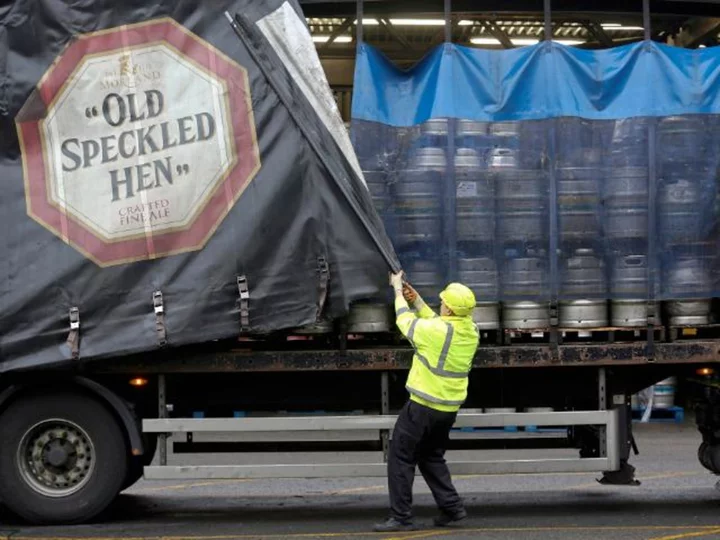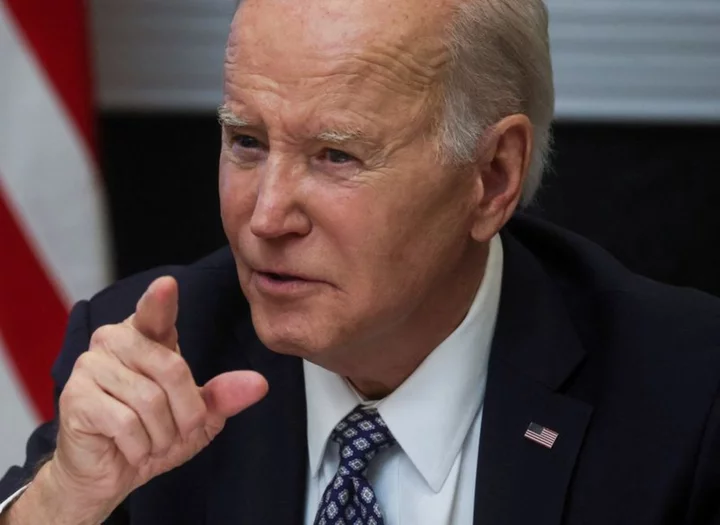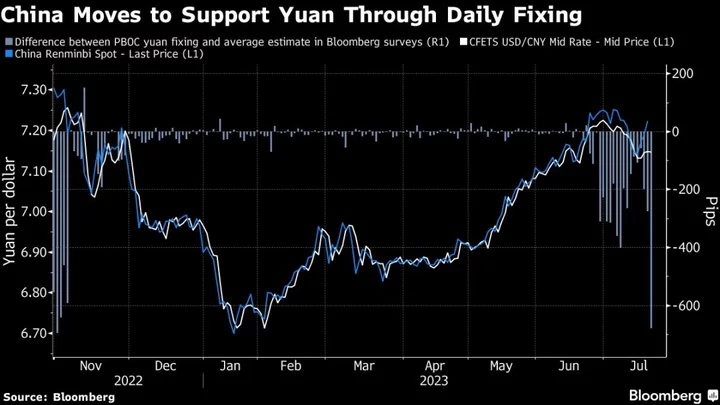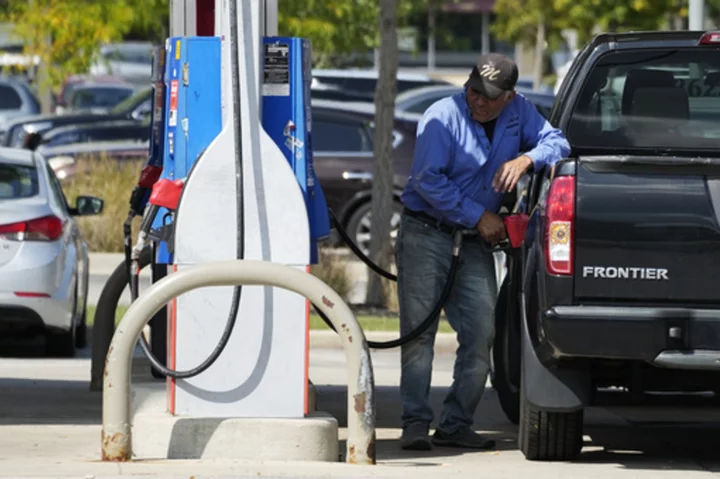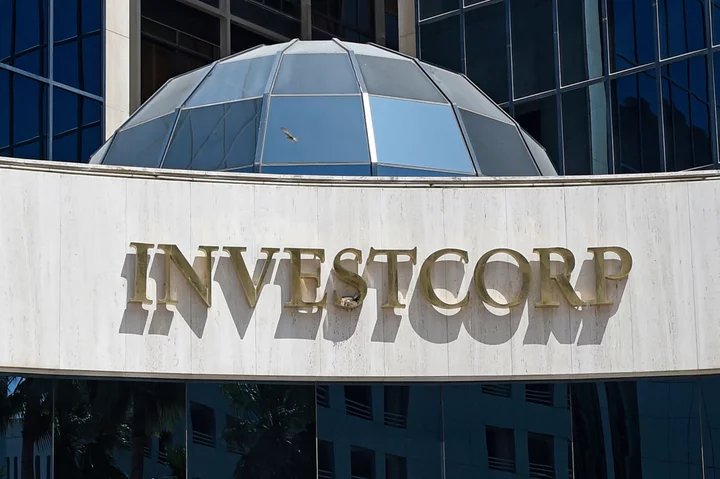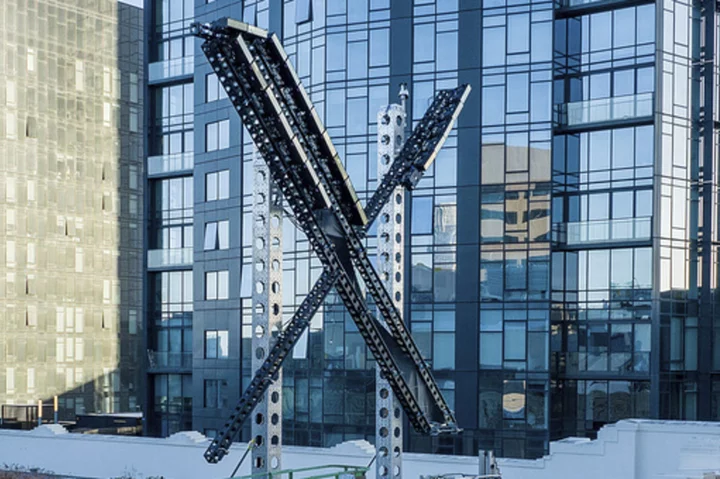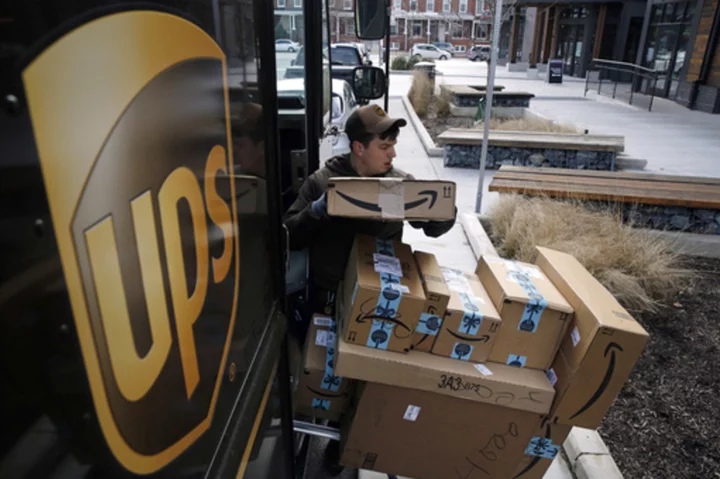Brewers in the United Kingdom are cutting the alcohol content — but not the price — of several of their most popular beers in what's been described as another example of "shrinkflation."
Greene King, a major UK brewer and pub chain, has cut the ABV, or alcohol content, of its popular Old Speckled Hen pale ale to 4.8% from 5%, a spokesperson for Greene King told CNN.
In March, the country's oldest brewer, Shepherd Neame, slashed the ABV of its bottled Spitfire and Bishops Finger ales to 4.2% and 5.2% respectively, from 4.5% and 5.4%, a spokesperson said.
The Mail on Sunday newspaper, which published an investigation Sunday, said the brewers had kept the size of their bottles and cans intact, with the same amount of liquid, but slashed the amount of alcohol.
It said this "drinkflation" mirrored "shrinkflation" — the practice of food producers and supermarkets reducing the size of their products without cutting prices.
Since, under UK law, brewers pay less tax on drinks with a lower alcohol content, the newspaper claimed that the companies had pocketed this saving rather than passing it onto customers through lower prices.
But the spokesperson for Greene King told CNN that reducing the ABV had simply helped offset some of its rising costs, following years of "inflationary pressures on raw materials, packaging costs and energy prices."
Cutting the ABV "lowers the [tax] we pay without noticeably affecting the beer's flavor," the spokesperson said.
The spokesperson for Shepherd Neame told CNN that it had lowered the ABV content of its beers to "expand their appeal" as consumers were "increasingly choosing drinks with a lower alcohol content as part of a healthy lifestyle."
The spokesperson also said the brewer had seen "significant increases" in the cost of its raw materials, such as energy and glass, and had, as a result, increased the prices on all of its beers.
In January, Dutch brewer Heineken lowered the ABV content of Foster's larger — which it sells in the UK — to 3.7% from 4%.
A spokesperson for the brewer's UK business told CNN that it had done so because "consumers are increasingly choosing lower-ABV products as part of a balanced lifestyle," but added that it had experienced "unprecedented cost increases."
Stubborn inflation
Emma McClarkin, chief executive of the British Beer and Pub Association, said that, despite UK inflation cooling, businesses were "still very much feeling the pinch," and were simply finding ways to absorb higher costs.
"Brewers have faced mounting price increases across supply chains in the past two years and, as far as possible, they have absorbed costs to avoid customers paying over the odds for their beer," McClarkin said.
Consumer price inflation in the UK remains stubbornly high, reaching 8.7% in April. Inflation has fallen back in recent months, but still clocks in higher than in any other country in the Group of Seven.
Former Bank of England Governor Mark Carney told The Daily Telegraph newspaper Friday that Brexit was a "unique aspect" of the UK economy that helped explain why its inflation remained so high.
"We laid out in advance of Brexit that [it would create] a negative supply shock for a period of time and the consequence of that will be a weaker pound, higher inflation and weaker growth," he said.
Carney said he did not revel in saying "we told you so," as millions of ordinary Britons were now paying the price.

